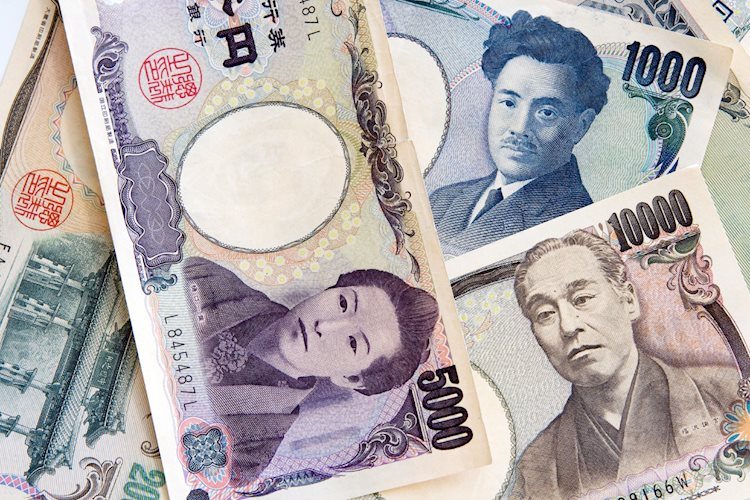The Japanese Yen (JPY) weakened slightly on Tuesday, but the downside was cushioned by a combination of factors. The Bank of Japan (BoJ) hinted at a potential interest rate hike at its next policy meeting in December, providing support for the safe-haven JPY. Additionally, the uncertainty surrounding the US presidential election and bets on a Federal Reserve rate cut kept the US Dollar (USD) bulls on the defensive. As a result, the USD/JPY pair saw limited upside as traders refrained from aggressive bets amid the political uncertainty.
The decline in US Treasury bond yields, attributed to the “Trump trade” unwinding and expectations of a Fed rate cut, narrowed the US-Japan rate differential and further supported the JPY. This, coupled with a weaker risk tone in the market, helped keep the USD bulls at bay and prevented any substantial appreciation in the USD/JPY pair. While the JPY drew support from bets on a BoJ rate hike and declining US bond yields, the upcoming US presidential election and FOMC meeting posed key event risks that could cap any significant upside for the currency pair.
Looking at the technical outlook, the USD/JPY pair favored bulls, with key support levels around the 151.00 region. A break below this level could push the pair towards the 100-day Simple Moving Average resistance near 150.30, potentially opening the path for deeper losses. On the upside, breaking above the 152.55-152.60 range could lead to a further rally towards the 153.00 mark and beyond. With oscillators on the daily chart in positive territory, there is potential for an upward movement towards key resistance levels above the 153.00 mark.
The value of the Japanese Yen is determined by various factors such as the performance of the Japanese economy, the BoJ’s policy decisions, the differential between Japanese and US bond yields, and risk sentiment among traders. The BoJ plays a crucial role in currency control and has intervened in currency markets to lower the value of the Yen in the past. The policy divergence between the BoJ and other major central banks has influenced the Yen’s value, with the gradual unwinding of ultra-loose policies providing support to the currency in recent years.
The Yen is considered a safe-haven investment, meaning that investors tend to flock to the currency during times of market stress for its perceived reliability and stability. This has led to a strengthening of the Yen’s value against riskier currencies during turbulent times. The widening policy divergence between the BoJ and other central banks, particularly the US Federal Reserve, has influenced the differential between US and Japanese bond yields and impacted the USD/JPY pair. Overall, the Japanese Yen remains a key currency in global forex markets, influenced by a mix of economic fundamentals, central bank policy, and market sentiment.











